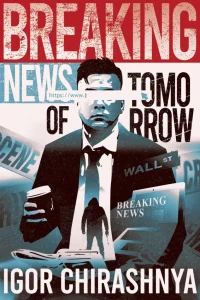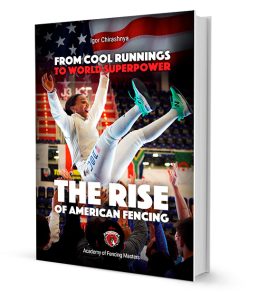Solar Eclipse Update (April 8)— There appears to be considerable excitement and inquiries made to USA Fencing regarding implementing the double-flighted events policy. Please note that changes announced on April 1st were part of our annual tradition of playing with...













